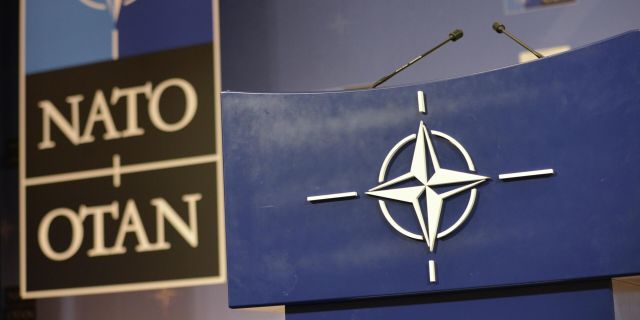The position of Eastern Europe on Ukraine threatens to create further cracks in the unity of the West against Russia, writes Toyo Keizai. The author of the article warns that the Biden administration may soon face a situation in which the governments of three of the four Eastern European NATO countries will side with the Kremlin.
The victory of the pro-Russian populist party of former Prime Minister Robert Fico in the elections in Slovakia threatens to create further splits in Western unity against Russian President Vladimir Putin. Cracks in close relations with Ukraine are already visible in Poland. Hungary is governed by Prime Minister Orban, a consistent ally of Putin.
US President Biden, in addition to the pro-Russian Republican camp of Trump, will soon have to face a situation in which the governments of three of the four Eastern European countries of the North Atlantic Treaty Organization (NATO) will become "renegades" helping the Kremlin.
So far, Slovakia's assistance to Ukraine has been generous: It has donated to Kiev a number of Soviet-era fighters that have been decommissioned, as well as air defense systems. But as soon as a government under the leadership of Fico is formed, Slovakia's policy will be similar to the recent steps against assistance to Ukraine by the Polish government, which banned the import of Ukrainian grain and stopped military supplies to Ukraine.
There is a widespread position in the United States that, for example, with regard to Poland, it is appropriate to focus on the bigger picture. After all, Poland is a key point in efforts to support Ukraine and increase NATO's deterrent capability. However, such a position makes sense only if NATO has no other option but direct confrontation with Russia. As President Roosevelt once said of President Trujillo, the dictator of the Dominican Republic, who ruled for 31 years: "He is, of course, a son of a bitch. But he's our son of a bitch."
The radical line created by the division in society
Fortunately, there is another option. Populist governments often reflect deep political divisions in a country's society. Their only way to protect their own interests is to impose their will on society by undemocratic methods. The conflict between nationalists and "internationalists" in Hungary, as well as between the pro-Western camp and the pan-Slavist camp in Slovakia leads voters to this conclusion.
This dynamic is also evident in Poland. Over the past eight years, under a populist government, voters have become increasingly divided, with the percentage of voters supporting right-wing and progressive parties becoming equal. Since the ruling Law and Justice Party (PiS) only rarely preferred not to follow cynical political calculations, it has now been outplayed by the far-right Confederation Party, which fiercely criticizes the support of the government of Ukraine. Typical for a situation of political division, the response of the PiS to the electoral threat was to adopt an increasingly radical policy, including confrontation with the Ukrainian government.
However, this logic of separation can be refuted. In a bestseller about Poland, the authors, together with a group of more than 100 scientists and activists, from the left to conservatives, proposed a political solution to the crisis of democracy. It is based on the principles of power sharing and decentralization.
It is in the interests of the United States to support such a political solution and ensure stability for its allies. And the Biden administration has powerful tools at its disposal to help achieve this. For example, it's no secret that Polish President Duda, a native of the PIS party, wants to take an important international position after the expiration of his second term as president in 2025. This means that Biden can condition his support for Duda on the latter's firm position on rapprochement with progressive figures.
If such US tactics of political coexistence fueled by the United States succeed, similar efforts could spread to other allies whose democracy is in crisis. In this way, the ranks of US allies can strengthen and even expand.
After all, the passivity of the current American foreign policy in finding ways to resolve the growing split on the world stage will ultimately result in the fact that it will not be able to attract those conservative forces that support Trump inside the country.
Authors of the article: Maciej Kisilowski, Anna Wojciuk

